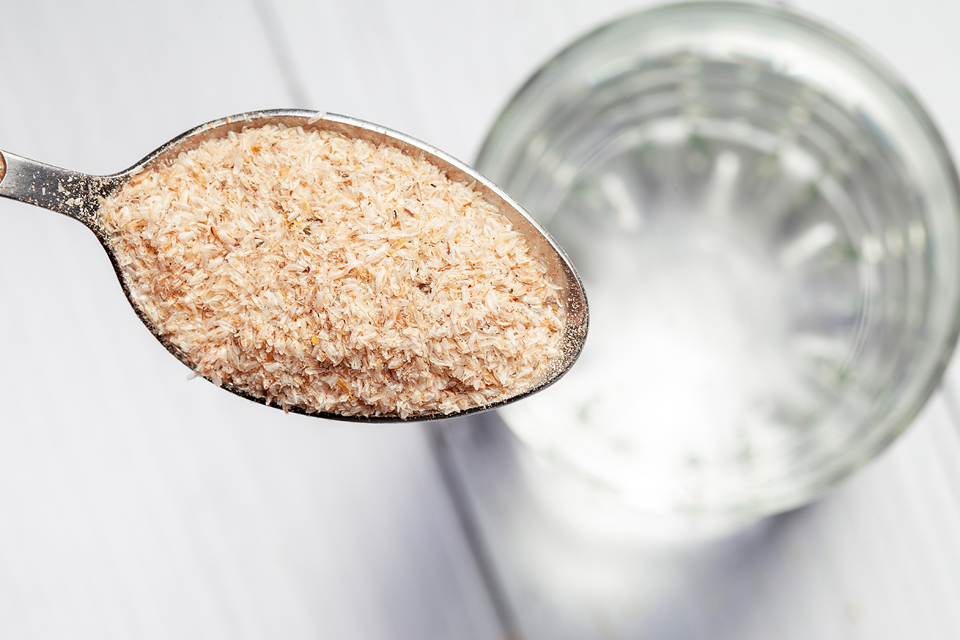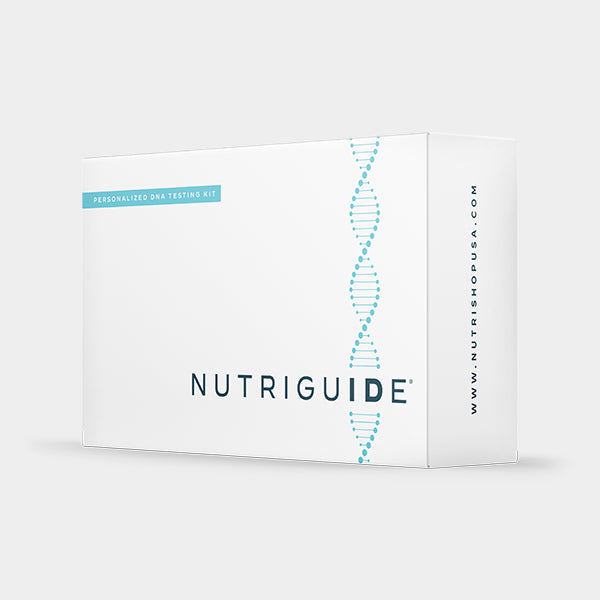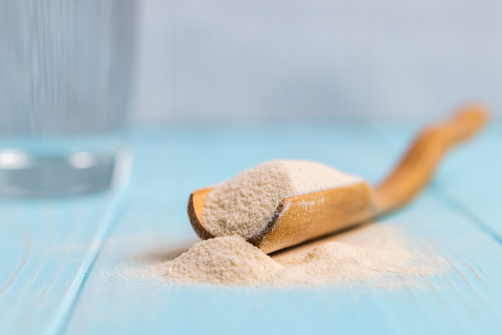Recent research has shed light on the benefits of psyllium, a plant-based fiber that just might be the fat-loss aid you've been missing! From helping to control appetite to improving calorie absorption, psyllium is gaining recognition for its potential to promote weight loss and improve overall health.
The Psyllium Breakthrough
Psyllium, derived from the Plantago ovata plant, is a soluble fiber that has been used for centuries as a natural remedy for various health concerns. However, its recent emergence as a potential weight-loss solution has captured the attention of health enthusiasts and researchers alike.
A meta-analysis of randomized controlled trials involving 354 adults with overweight or obesity revealed some exciting findings. Participants were administered daily doses of psyllium ranging from 7 to 15 grams for durations spanning 2 to 12 months. The results were compelling: psyllium supplementation led to a significant reduction in body weight (an average of 2.1 kg or nearly 5 pounds), BMI (0.8 points), and waist circumference (2.2 cm).
Why Psyllium Works When Others Falter
Psyllium's effectiveness in promoting weight loss can be attributed to several unique characteristics that set it apart from other supplements.
- Appetite Control: Psyllium has been shown to increase feelings of satiety and fullness, helping to curb overeating and reduce calorie intake. This natural appetite suppressant can be a game-changer for those struggling to control their cravings.
- Calorie Absorption: Because psyllium is water-soluble and gel-forming, it can bind to fats and carbohydrates in your digestive system. This action can help reduce the amount of calories you consume, which can contribute to weight loss.
- Improved Gut Health: Beyond its weight-loss benefits, psyllium has been linked to improved gut health. It acts as a prebiotic, nourishing the beneficial bacteria in your digestive tract and promoting a balanced microbiome. This can lead to better digestion, reduced bloating, and overall gastrointestinal comfort.
- Cholesterol Management: Psyllium has demonstrated the ability to lower LDL cholesterol levels, commonly known as "bad" cholesterol. By doing so, it may reduce the risk of heart disease, which is often associated with obesity.
- Blood Glucose Regulation: Research suggests that psyllium can help stabilize blood glucose levels. This is particularly important for individuals with obesity, as it can lower the risk of developing type 2 diabetes.

Incorporating Psyllium into Your Routine
The good news is that incorporating psyllium into your daily routine is both convenient and accessible. You can find psyllium products in most grocery stores or supplement stores, typically as a standalone powder or in products like Metamucil or Modern Source Fiber4.
To enjoy the benefits of psyllium, consider the following tips:
- Start Slowly: If you're new to psyllium, begin with a lower dose and gradually increase it to allow your body to adjust.
- Stay Hydrated: Psyllium absorbs water, so be sure to drink plenty of fluids throughout the day to prevent digestive discomfort.
- Combine with a Healthy Lifestyle: While psyllium can be a helpful addition to your weight-loss journey, pairing it with a balanced diet and regular physical activity for optimal results is essential.
In conclusion, psyllium is emerging as a promising natural solution for weight loss and overall health improvement. Its ability to reduce appetite, enhance calorie absorption, and support gut health make it a standout contender in the world of dietary supplements. Remember that individual results may vary, and it's always advisable to consult with a healthcare professional before making significant changes to your diet or supplementation routine.





